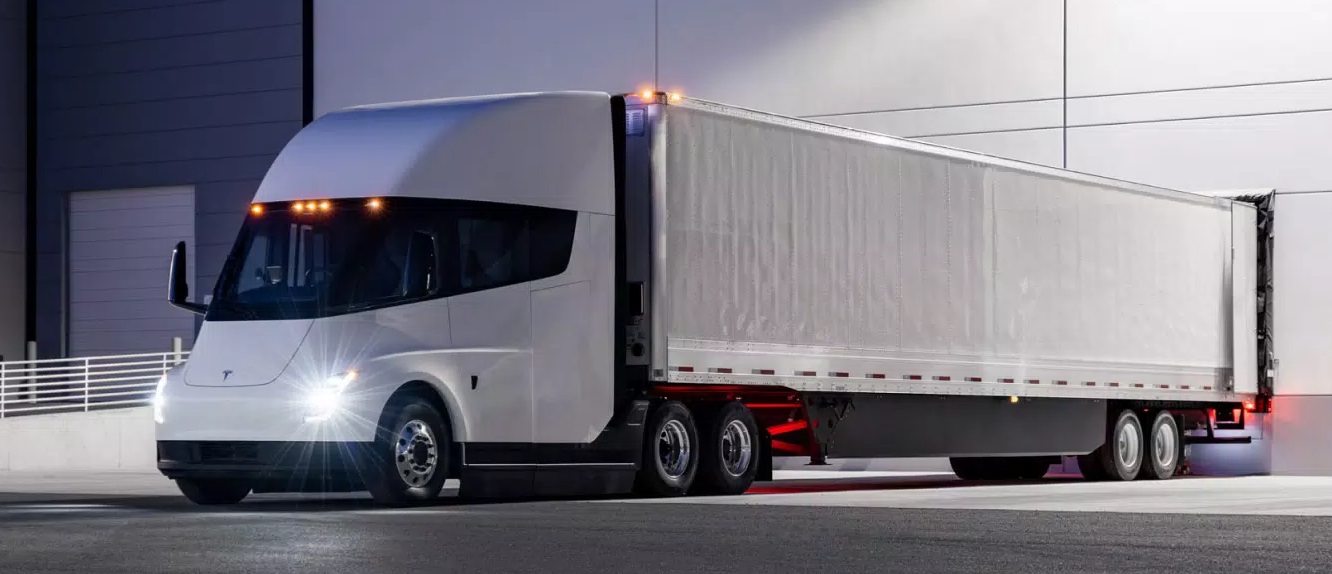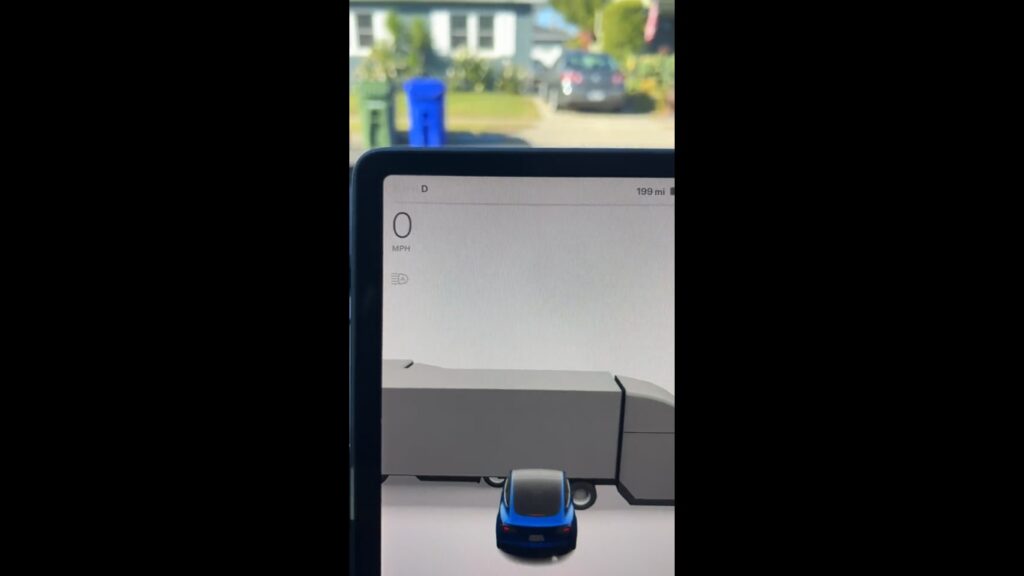After five years, Tesla’s electric trucks arrive. What doesn’t convince

It has been talked about since 2017, but now Tesla's electric trucks are about to debut. Musk promises sparks, but there are those who wonder if they are really the solution to reduce pollution…
It is hoped that once on the road, Tesla's "Semi" electric trucks will be more punctual in deliveries. In fact, it has been talked about since 2017, when the project was presented to the press with the promise that the vehicles would be marketed within a few dozen months, a couple of years at the most. We know that was not the case.
Tesla team just completed a 500 mile drive with a Tesla Semi weighing in at 81,000 lbs!
— Elon Musk (@elonmusk) November 27, 2022
THE CONTROVERSY ABOUT TESLA ELECTRIC TRUCKS
There was no shortage of controversy but, more than the delays, they concerned other fronts. First of all, the famous twitter with which the owner of Tesla, Elon Musk , announced that his Semi has already traveled 500 miles (805 kilometers) on a single fully loaded charge, i.e. dragging a total weight of almost 37 tons. Many immediately pointed out that they are spatial specifics, given that the competition offers a range of 250 to 300 miles (ie between 400 and 480 kilometres).
Is it one of those invisible ones
pic.twitter.com/jvrwgOwuki
— P Ξ T Ξ (@petehalvorsen) November 27, 2022
We know that the range numbers declared – and boasted – by car manufacturers often remain on paper: it happened with internal combustion engines, it happens even more so with batteries, where not only the traffic conditions, the roads and weather but, above all, the temperatures.
Tesla Semi driving 500 miles, fully loaded, on a single charge pic.twitter.com/iZzomLcwZF
— Tesla (@Tesla) December 2, 2022
In short, to really understand the specifications of Tesla's electric trucks, we will certainly have to wait for the first independent reviews. In the meantime, on Twitter there are also those who ironically replied to Musk with a video on the known malfunctions of the autopilot mounted on Tesla sedans which, throwing tantrums, saw a ghost Semi on the roadway.

And then there are those who wonder if electric trucks, from Tesla or not, are really zero impact. Because until the electricity that will be used to power them is green, i.e. produced using other renewables, the risk is to dramatically increase the energy needs of individual states and introduce more CO2 into the environment to achieve this goal. Obviously Tesla is not to blame for this, of course.
Semi has a tri-motor system & carbon-sleeved rotors just like Plaid. 1 unit for efficiency, 2 acceleration units for torque pic.twitter.com/MDn4cj0jzO
— Tesla (@Tesla) December 2, 2022
The paradox is well known and was recently raised by the National Grid utility company, which conducted a study according to which, by 2030, electrifying a service station will require as much power as powering a professional sports stadium, and this is only for recharging electric cars.
If the need to also power electric trucks is taken into account, the projected energy needs of a large truck stop by 2035 will be equal to that of a provincial town. Multiply the number by gas stations, it would be as if the Earth suddenly saw an exponential increase in the number of "cities" that require constant access to the electricity grid.
I've watched this like 10 times. Anyone who knows anything about trucks can tell this is extremely impressive acceleration with 80,000 lbs at a 6% incline. pic.twitter.com/cZzhLaZ3n6
— Fred Lambert (@FredericLambert) December 2, 2022
Musk for his part explained that the benefits for the environment are undeniable despite the fact that his vehicle uses 5 engines (3 by default, another two to overcome slopes) since although Class 8 trucks constitute only 1% of vehicles in the United States, contribute 20% of US vehicle emissions and 36% of particulate emissions.
As for supplies, Musk's electric trucks will take advantage of the new 1 MW charging technology that Tesla itself has developed: ad hoc columns that will soon be added inside the Supercharger stations. However, what needs to be taken into consideration is how much they will insist on the need to produce more energy, which at the moment is not green.
BIDEN'S INFLATION REDUCTION ACT IS CRUCIAL
What is certain is that Tesla's number 1 has now made peace with the current tenant of the White House and it could not be otherwise: his "infamous" Inflation Reduction Act which made governments all over the world jump on their seats, forcing the CEOs of the car manufacturers that import vehicles into the USA to open gigafactories in the 50 states will in fact play a crucial role in the diffusion of Tesla's electric trucks.
The Semi will in fact have a price of 180,000 dollars, but in the United States, thanks to the new rules wanted by Joe Biden that reward "made in the USA" electric mobility, those who buy it will enjoy a tax break of around 40 thousand dollars. Pepsi has ordered 100 of them since Tesla's first announcement in 2017 as part of its policy to cut emissions, and said it will use them to sort its products between manufacturing and distribution centers, and retailers. With a similar discount, paid by the state, many will follow suit.
This is a machine translation from Italian language of a post published on Start Magazine at the URL https://www.startmag.it/smartcity/dopo-cinque-anni-arrivano-i-camion-elettrici-di-tesla-cosa-non-convince/ on Fri, 02 Dec 2022 11:49:24 +0000.


